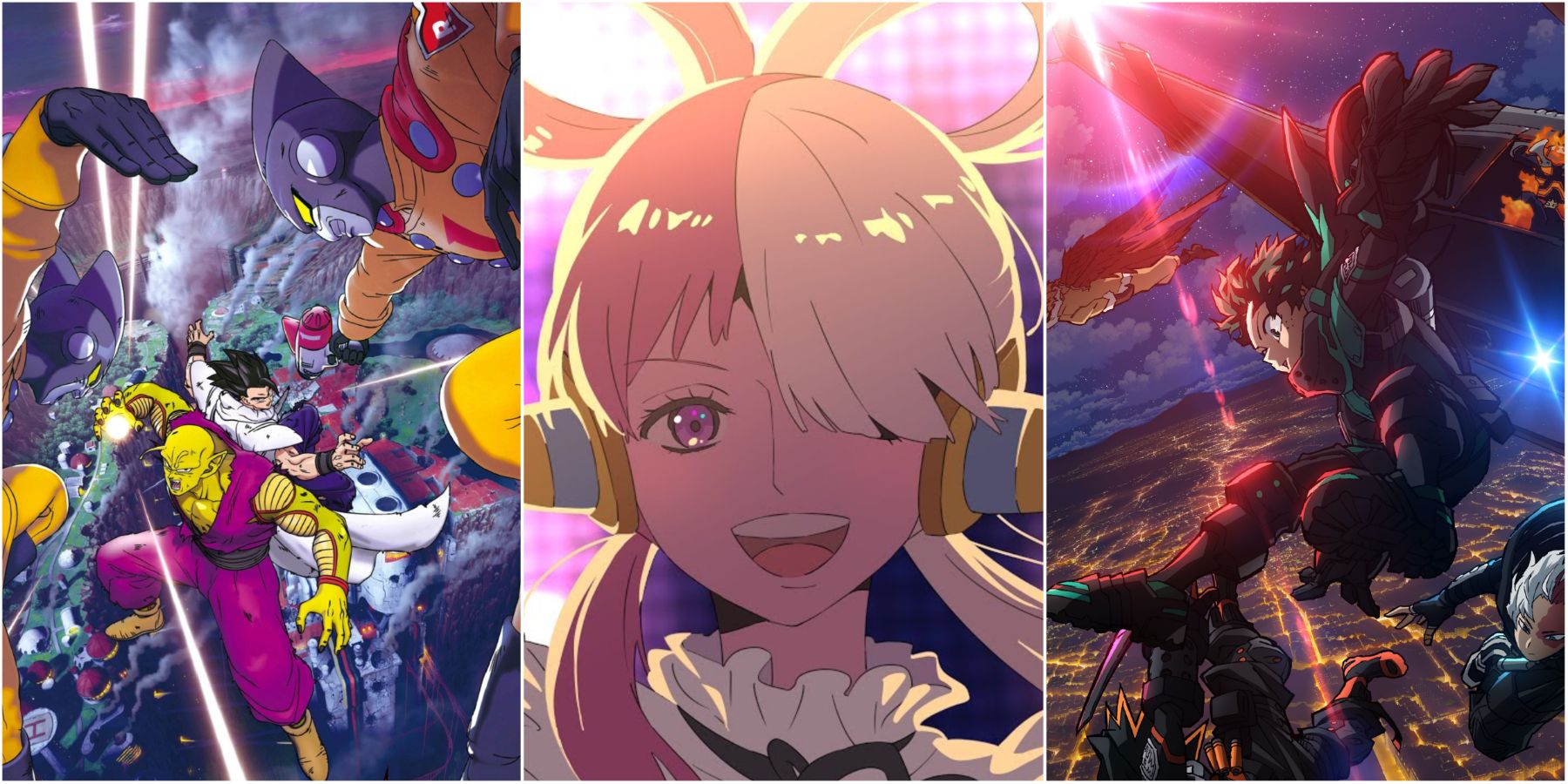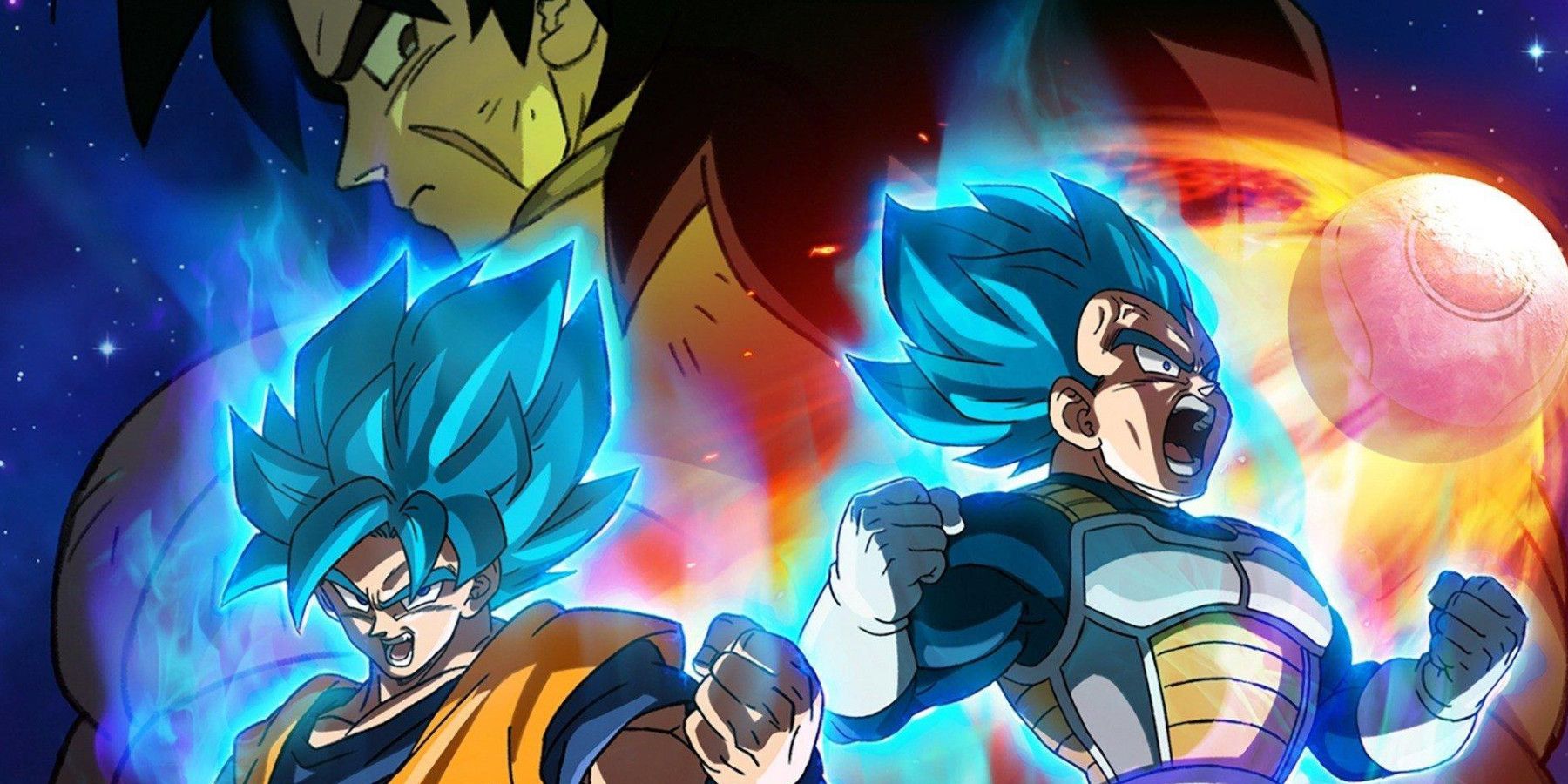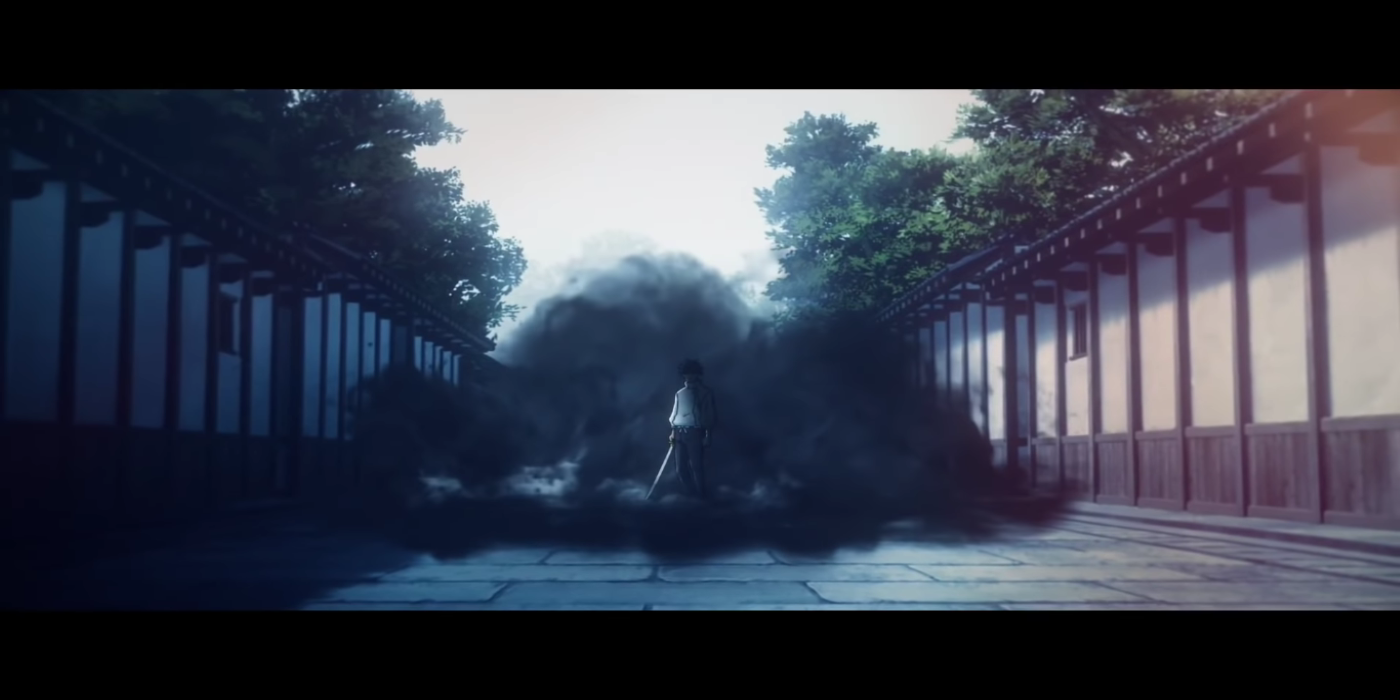Anime movies are nothing new and after distributors like Funimation, Crunchyroll, and GKids popularized theatrical events centered around them, they've only become more common. What hasn't quite changed is the movies themselves, specifically anime films based on long-running shonen series with original plots disconnected from the main story.
Around the time that Dragon Ball Z: Resurrection F made $8.4 million in North America, new theatrical releases for anime started to expand more and more. It's hard to imagine Jujutsu Kaisen 0 being the theatrical success it is without early successes in the 2010s that paved the way for more anime releases in theaters. Of course, plenty of these films have been original films that aren't tethered to existing series, like the success of Your Name or A Silent Voice. However, stuff like the My Hero Academia movies, while entertaining and popular, can often get mixed reception because they are made to feel disconnected from the overall story and arguably pointless.
It's Not Canon
Whether it's Dragon Ball, Detective Conan, or Naruto, every now and again popular shonen series get anime films that tell new stories with often different directors and bigger budgets. They are film events in the purest sense, offering an experience that is definitively the show people know and love but heightened because it's on the big screen.
The problem is that very few of these are definitively canon, at least at first. Dragon Ball might be able to adapt the same story in its TV anime later and canonize it, but other shonen just let sleeping dogs lie. It's even easier when the film stories create entirely original characters and aren't relying on existing popular characters.
The key reason this happens is that these anime are adaptations of often ongoing manga with their own main stories. These films can't deviate too greatly from the main story lest they create inconsistencies in character arcs or alter the status quo of the world. Because of this, characters often won't change much.
The Thickest Plot Armor
Even if these films are constructed from the get-go with the conceit that they aren't canon, there aren't many risks taken with the story because it still has to feel generally "connected." Deku isn't going to die or lose his powers because there are still more seasons of the TV series, and it would be too much effort to say the story is an alternate universe to facilitate something like that.
What often happens instead is that the films will introduce new people and places with whom the characters will bond, and they will be the source of tension throughout. The main character might not undergo huge character development, but original characters can, and they can actually die. But some might argue this makes the main characters simply passive observers in another story.
All of this could easily be forgiven if these movies didn't so often try to have their cake and eat it too. Maybe the filmmakers don't change anything, but they'll surely make it seem like a monumental change is occurring only to find a contrived way to set everything back to square one. So yes, Detective Conan might become an adult again, but they're switching right back by the end so that the series can continue. But despite all the aforementioned oddities it's really hard not to love these films.
A Special Event
The phrase "event" is incredibly apt in capturing what makes these movies so fun. At a time when anime films were starting to increase in popularity, the energy in a theater full of fellow weebs could be truly delightful. And the posters or theatrical booklets handed out on opening nights beat anything other films were handing out.
Of course, a film being praised as an "event" might carry with it a connotation of the film being more of a rollercoaster than cinema. And sure, My Hero Academia: World Heroes Mission might not have been Your Name, but it was still a ridiculously well-made film, with some of the best sakuga in the series.
These films often feel like celebrations of the series in their totality, with production values that -at the best of times - feel like everything has been put on the line. Perhaps the stories don't change much, but the best of the bunch still do clever things with the storytelling.
The story of My Hero Academia: Heroes Rising, like the others, was an original story concept by the mangaka, Kohei Horikoshi. But what set it apart was that the story of Heroes Rising was what Horikoshi's original ending for My Hero Academia was going to be. And that is certainly felt in this film's climax.
The Verdict / The Future of Anime Films
In the end, yes, non-canon anime films are worth it and beyond the aforementioned reasons, the things that make these events can almost feel a tad indescribable. It will always be fun to experience these events with fellow fans, even if the movie isn't the greatest.
Now more than ever, the kinds of anime films being made, even for shonen, are shifting, and in ways that could address the common problems even more. Films like Demon Slayer: Mugen Train and Jujutsu Kaisen 0 weren't original stories, but adaptations of canon arcs from the source material or spinoff stories.
They circumvented the common problem by telling smaller stories and giving them cinematic treatment. In the case of Jujutsu Kaisen 0, the huge box office success may lead to even more films like it that aren't afraid to advance or expand on the story through film. Regardless, these movies will continue to get people hyped, and for good reason.



